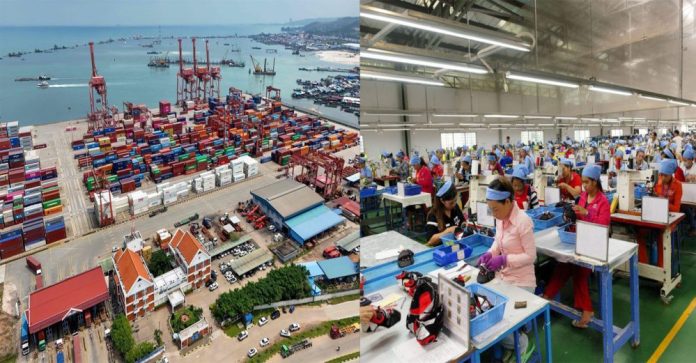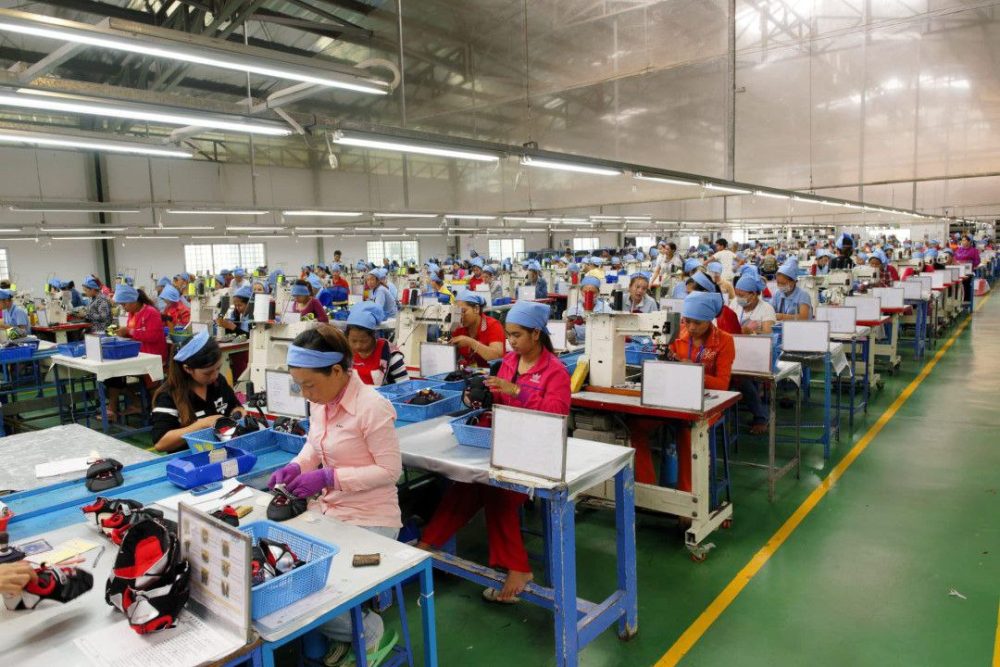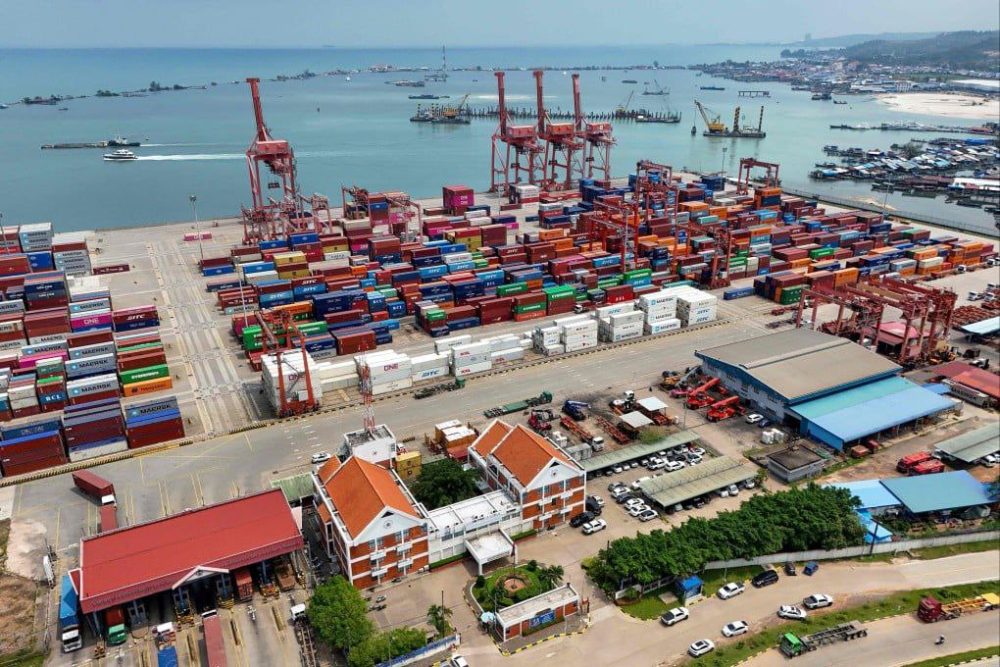As one of the main targets of Donald Trump’s threatened tariffs on Southeast Asia, Cambodia has scrambled to de-escalate trade tensions with the United States, but its drastic reduction of levies on American goods is not expected to placate Washington.
Amid a whirlwind week of announcements, the Trump administration initially slapped a 49 per cent tariff on Cambodian imports, only to reverse its decision days later, delaying the measures for all countries except China by 90 days.
The initial announcement prompted Cambodian Prime Minister Hun Manet to write to Trump, stating Phnom Penh’s willingness to slash import taxes on a selection of US goods, according to local media.
In the letter, which he later shared on social media, Hun Manet said that Cambodia would reduce tariffs on 19 American product categories from 35 to 5 per cent “in the spirit of strengthening our bilateral trade relations”.
Facing a global market meltdown, Trump abruptly backed down on tariffs for most nations on Wednesday, granting a 90-day reprieve – even as he jacked up the tax rate on Chinese imports to more than 125 per cent.
Bunna Vann, head of research and advocacy at the Cambodian Youth Network Association, described Cambodia’s tariff reduction as a clear attempt to ease trade tensions.
“[It] signals Cambodia’s willingness to engage in negotiations and foster better trade relations with the US,” Vann said, noting Washington’s decision to delay the proposed tariffs.
Chhengpor Aun, a research fellow at The Future Forum think tank, said the 90-day reprieve offered “breathing room, even a lifeline” for Cambodian negotiators and planners, allowing them to engage with Trump’s trade team and develop fiscal and domestic economic intervention strategies.
In the short term, however, Aun said Cambodia had little choice but to yield to US demands.
The tariff threat came at a time when “the new generation of Cambodian leadership is yearning for economic prosperity to enhance their legitimacy through performance – thus the stakes are too high for them,” he said.
Aun from The Future Forum suggested that Cambodia should collaborate with other Asean members to develop a long-term trade strategy, which would include “de-risking from major superpowers like the US and China by both diversifying export markets and increasing intra-Asean trade.”
Source: SCMP














